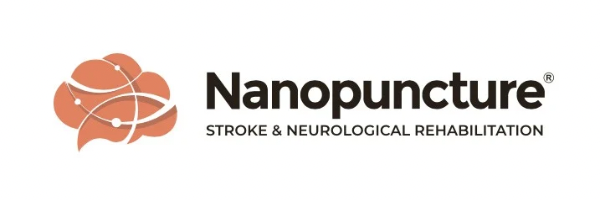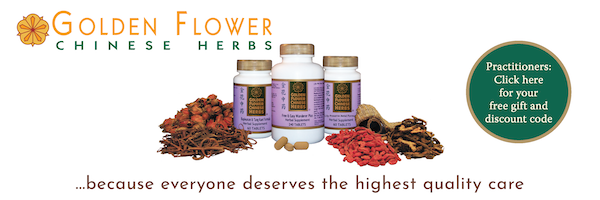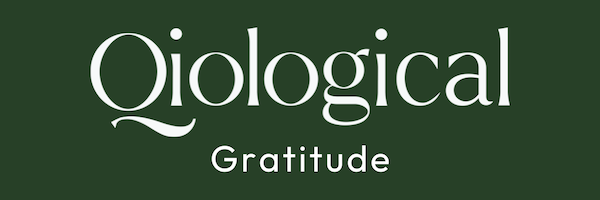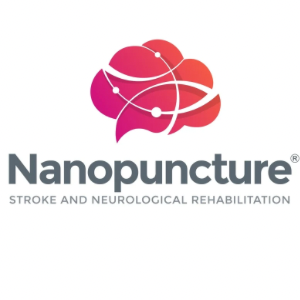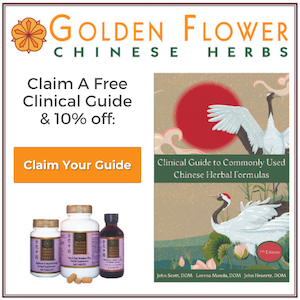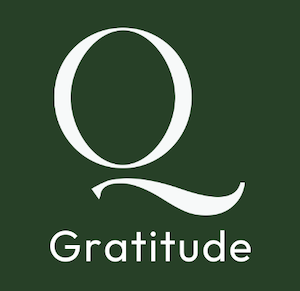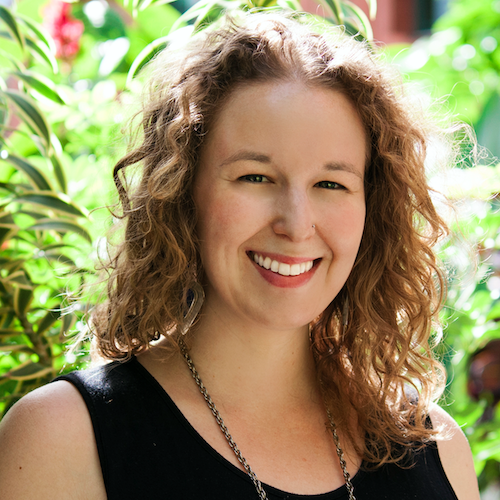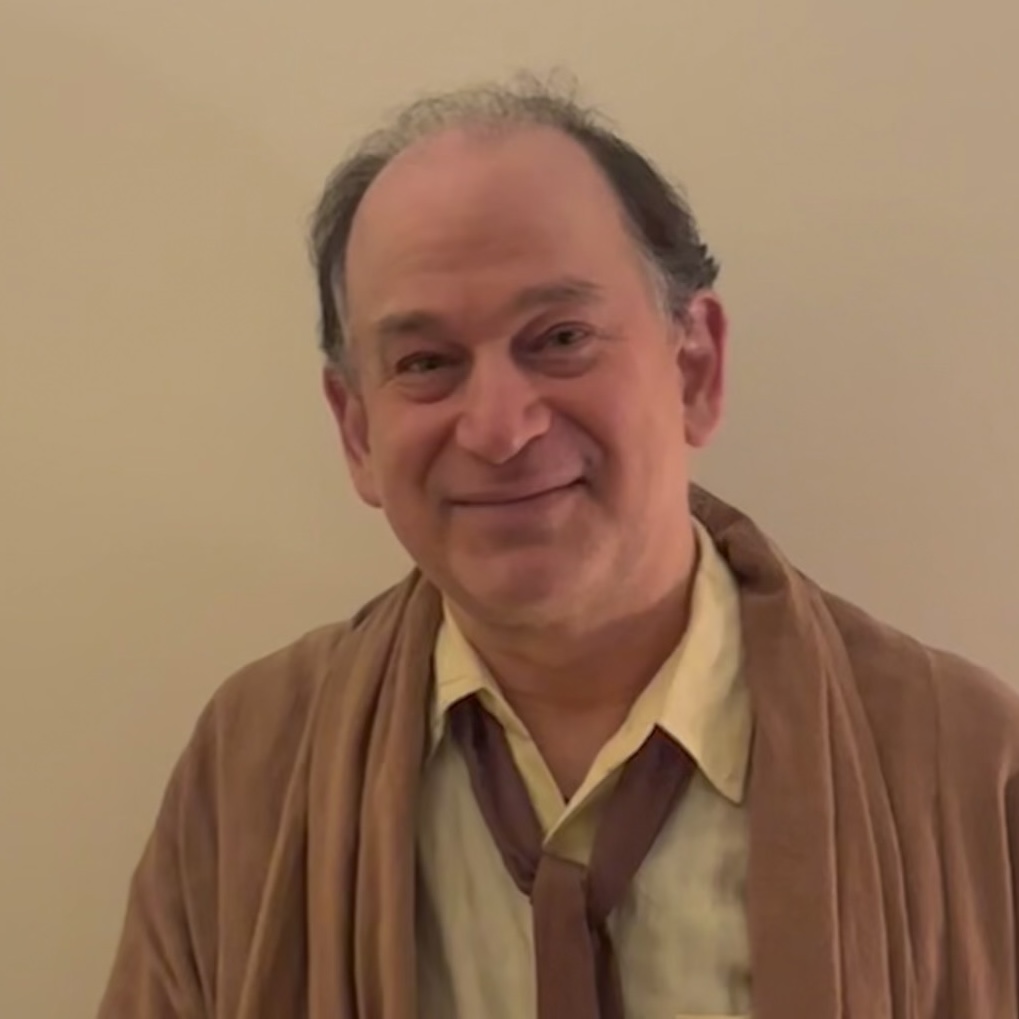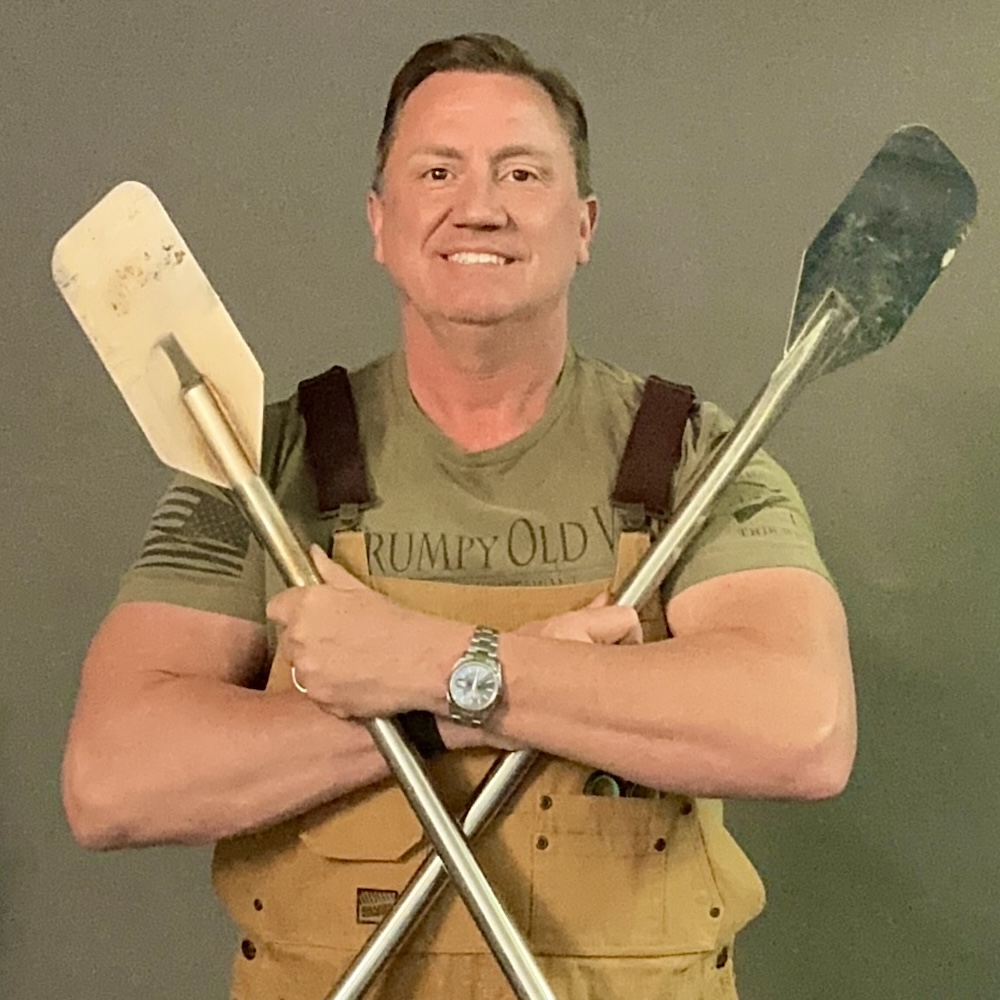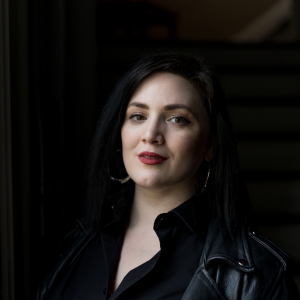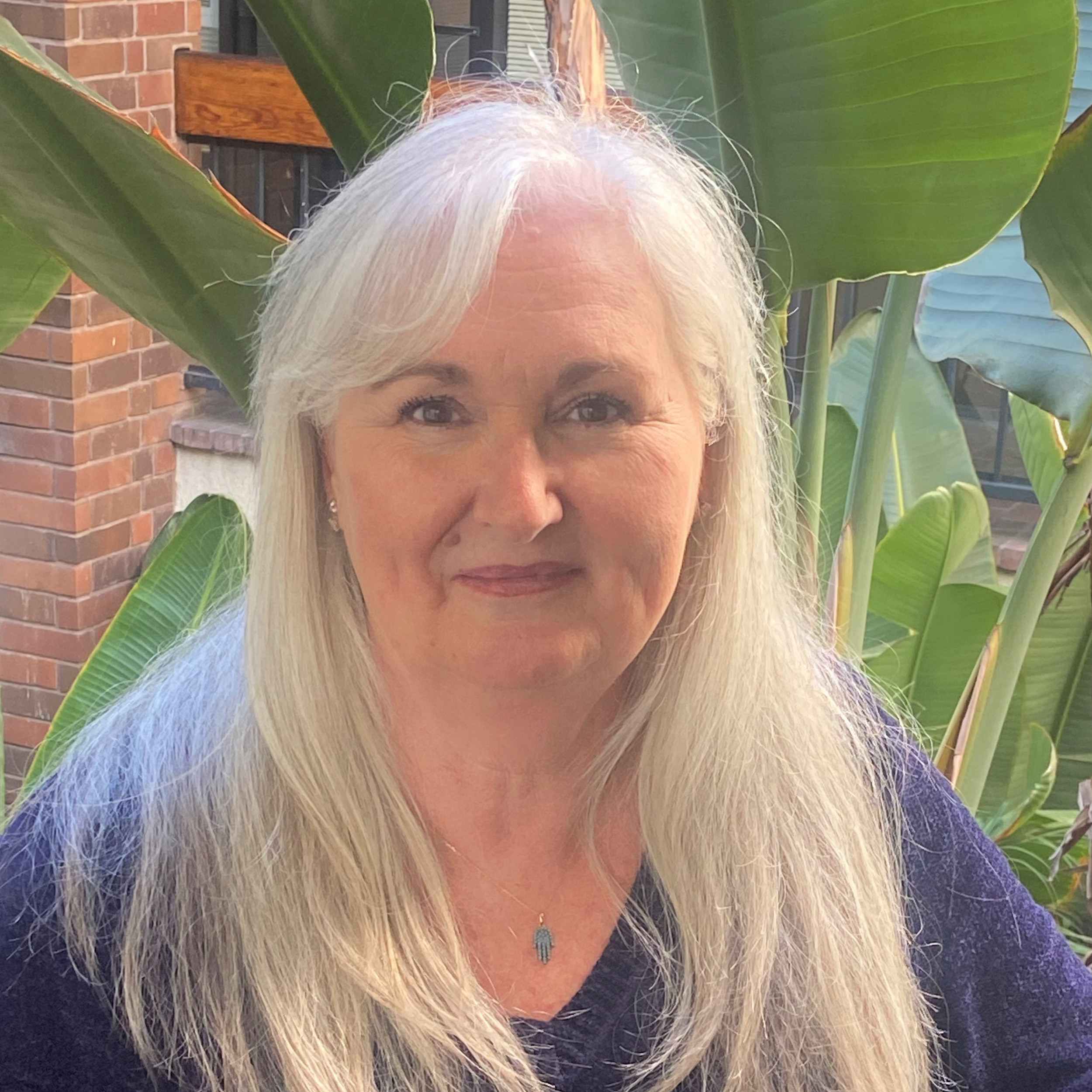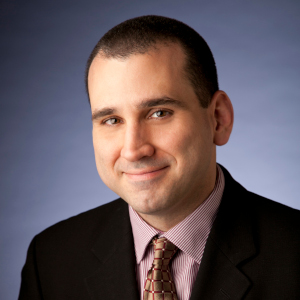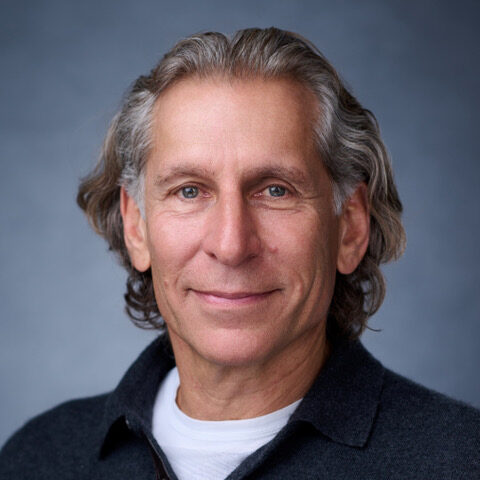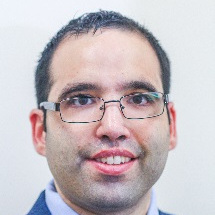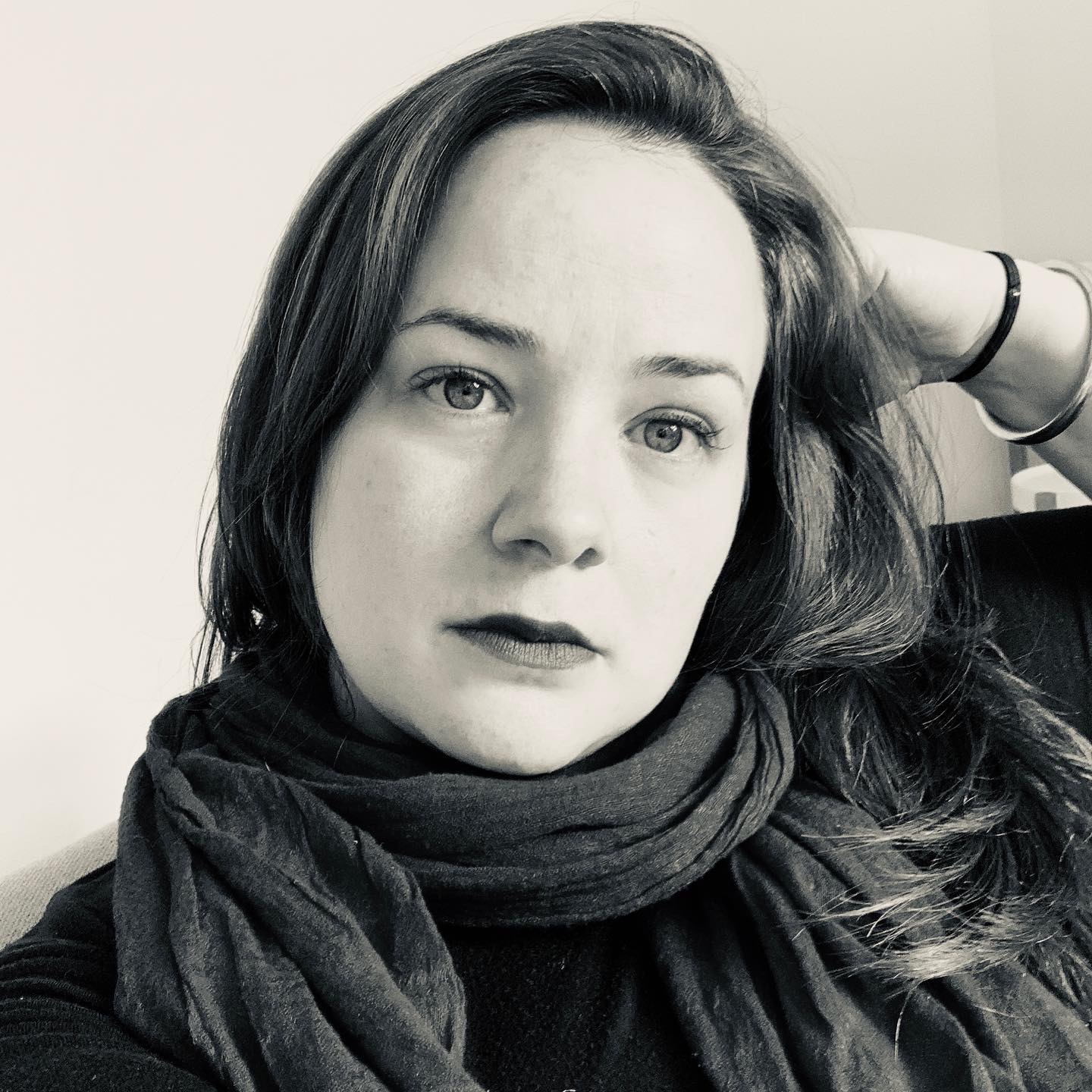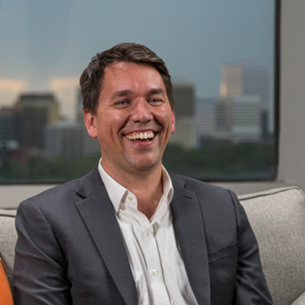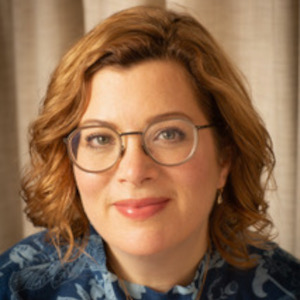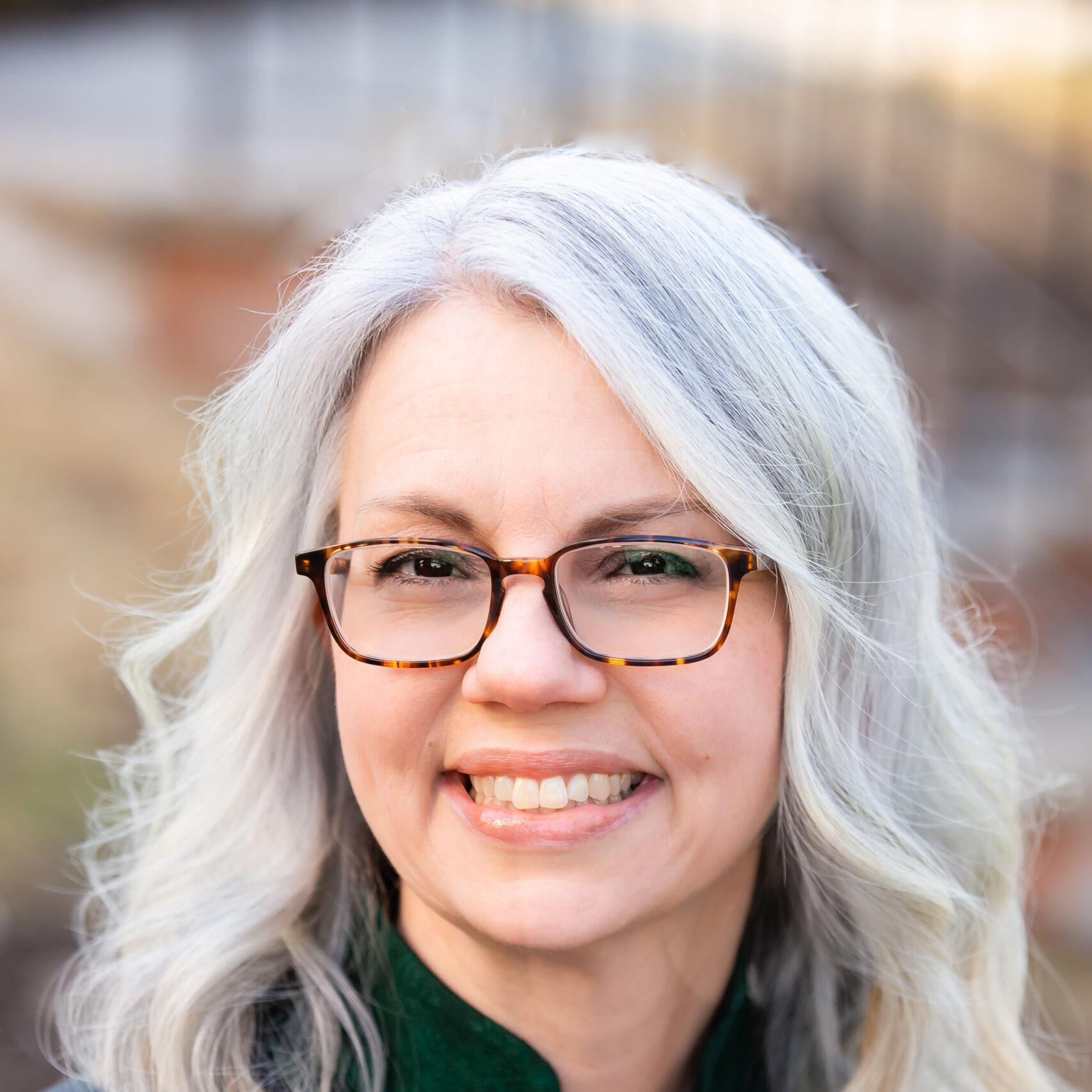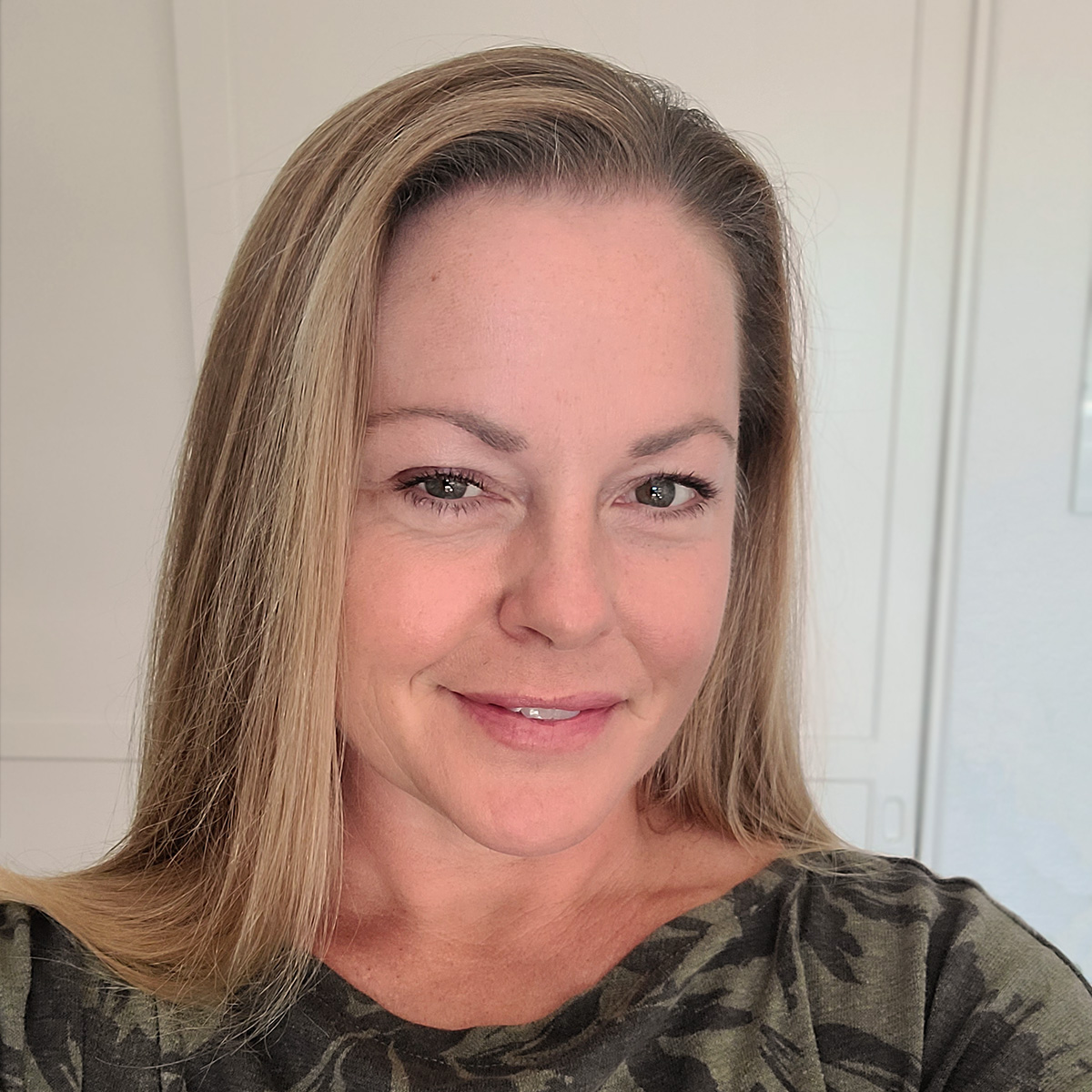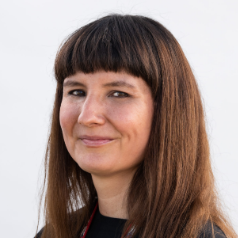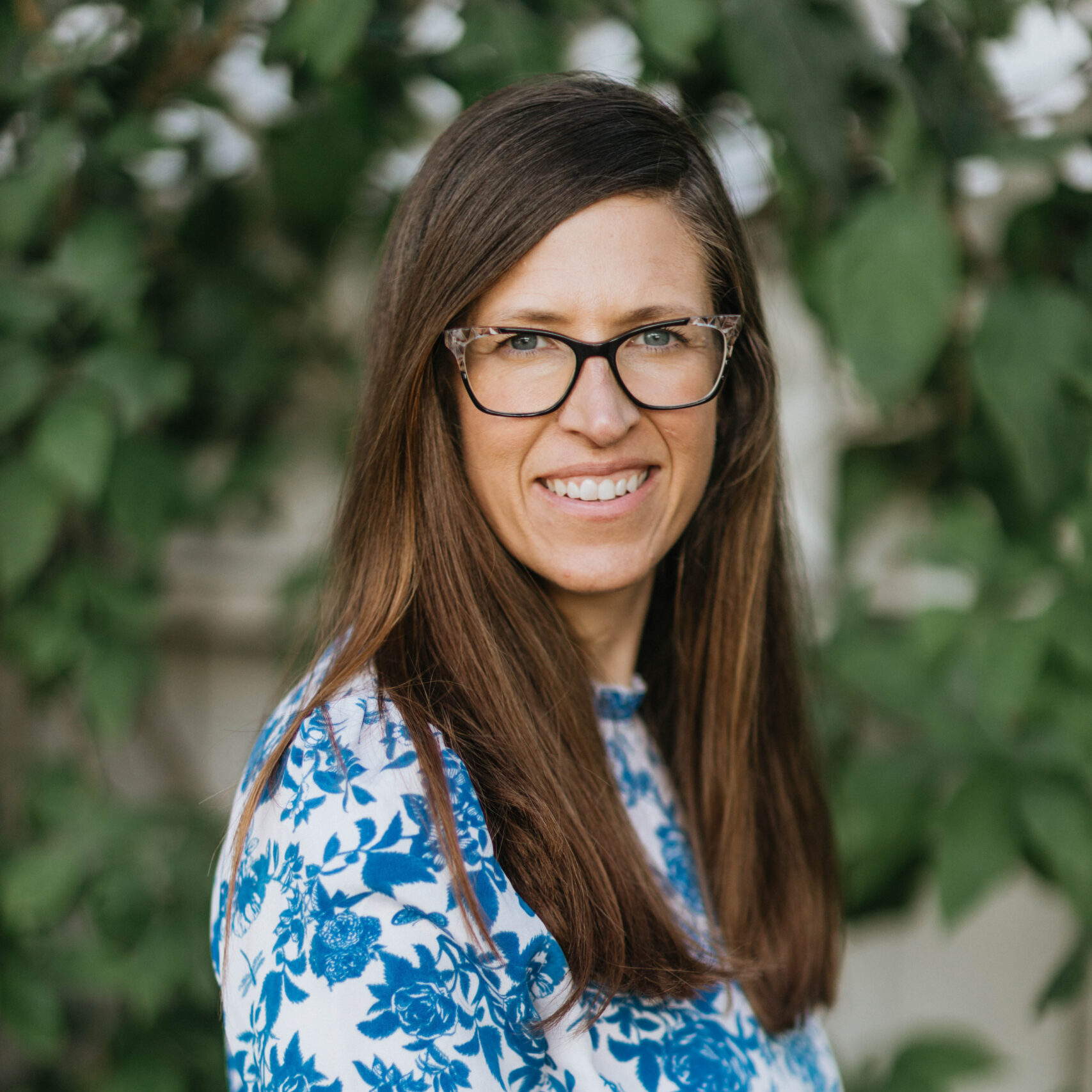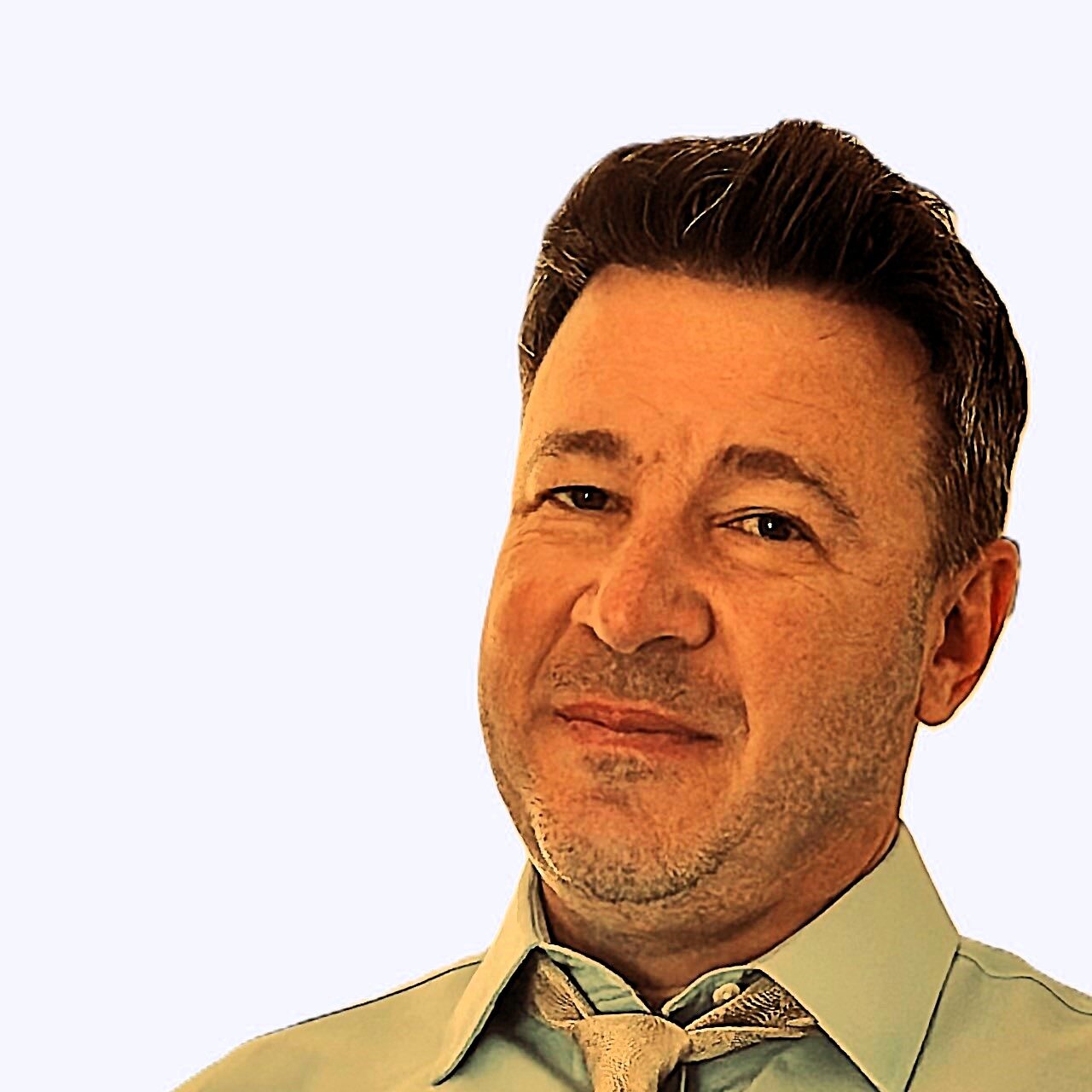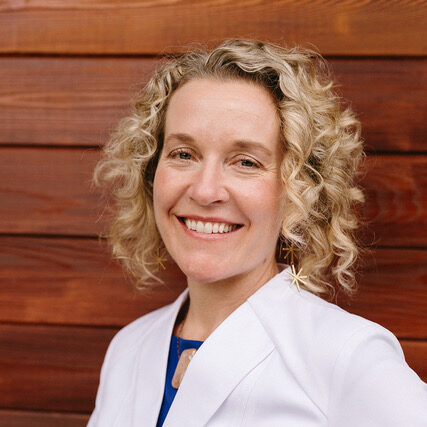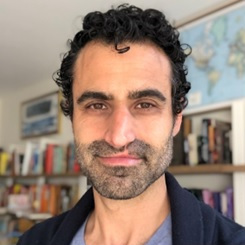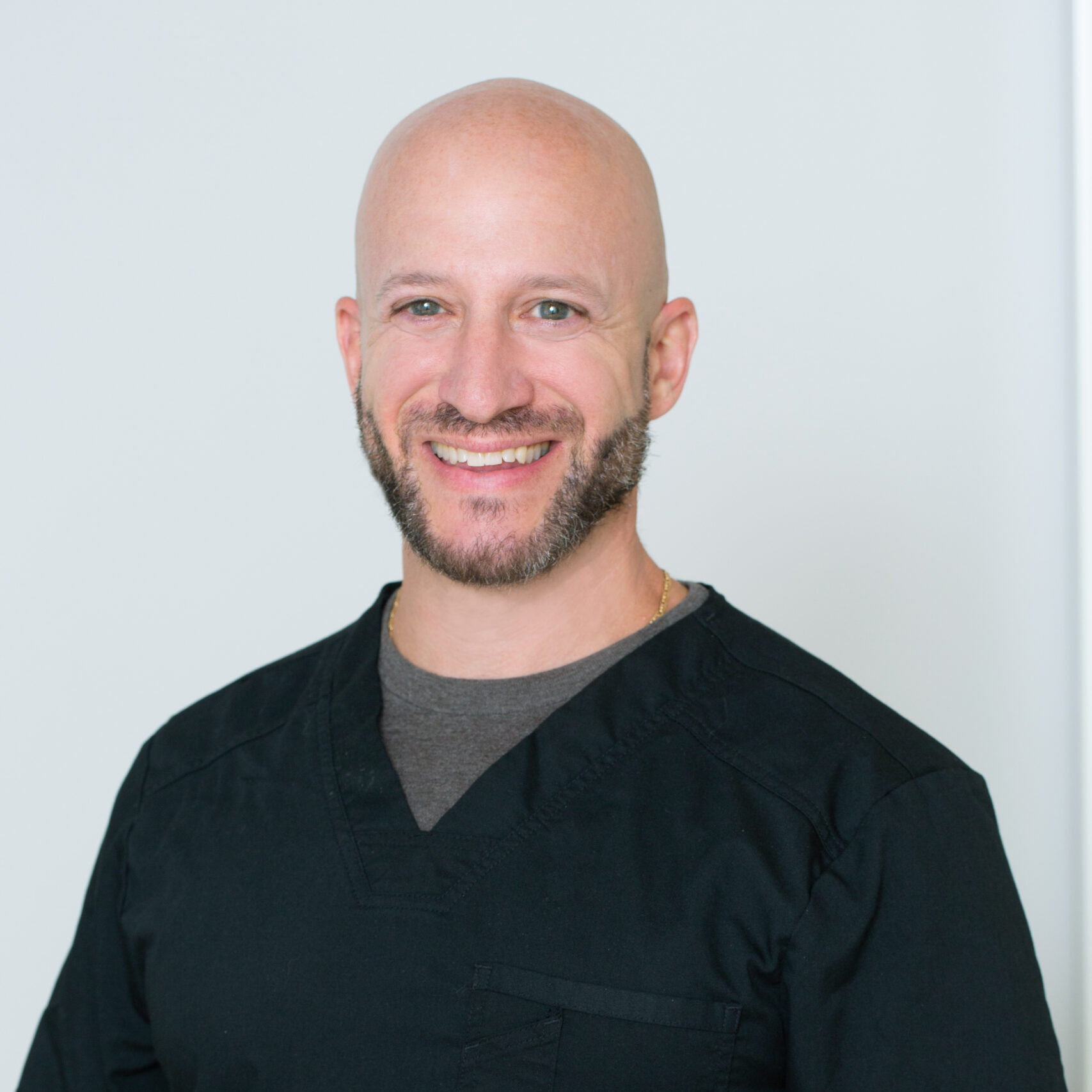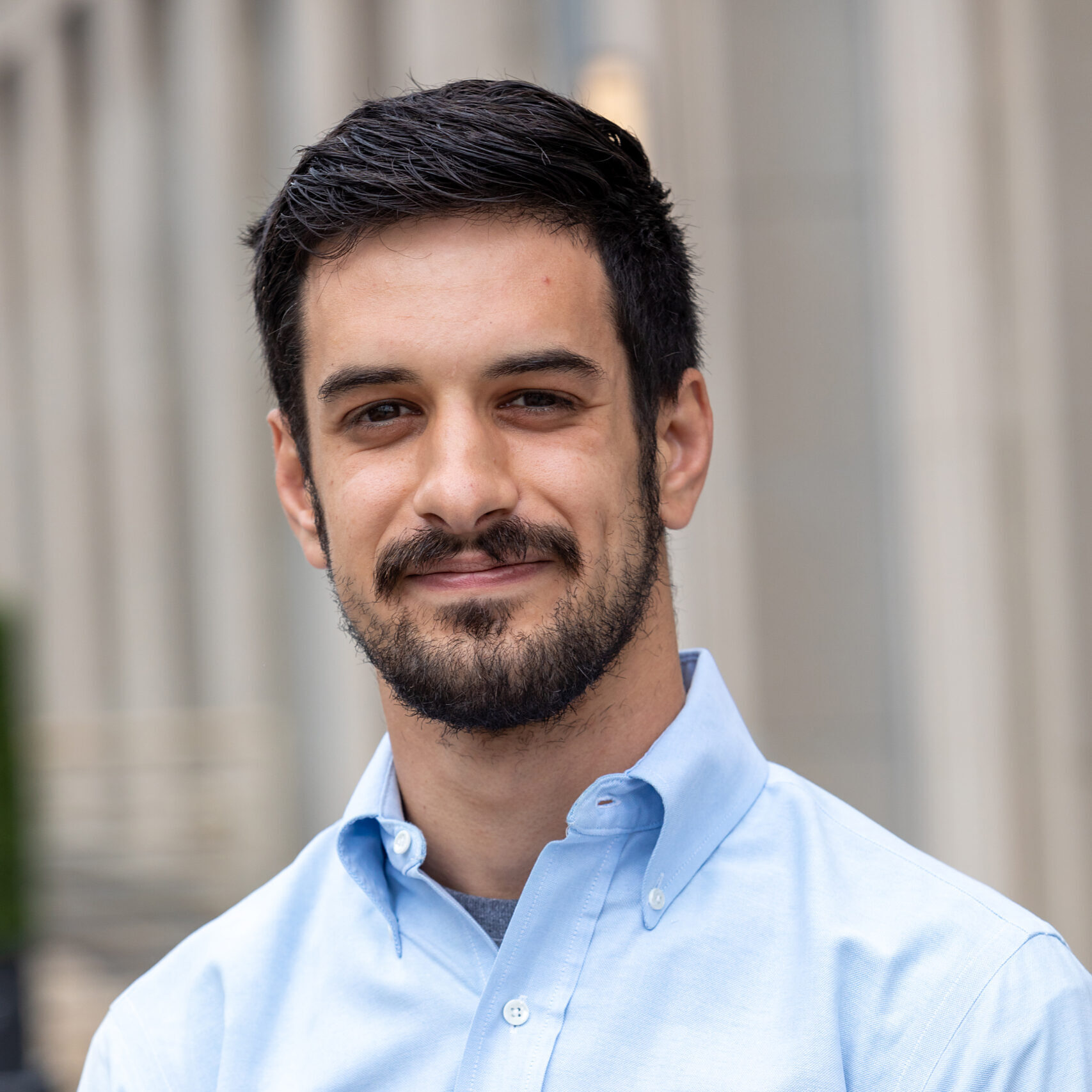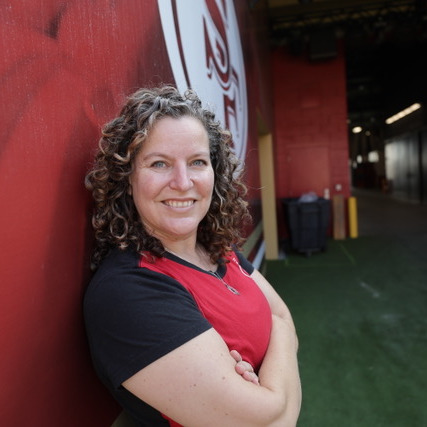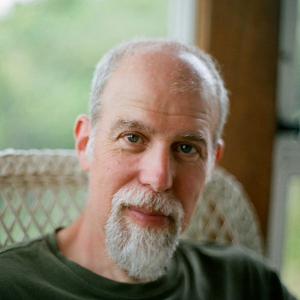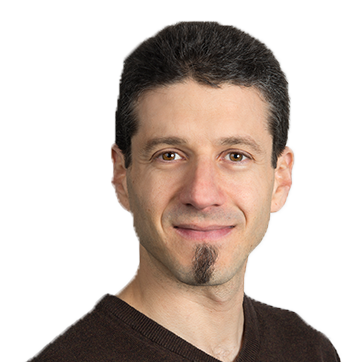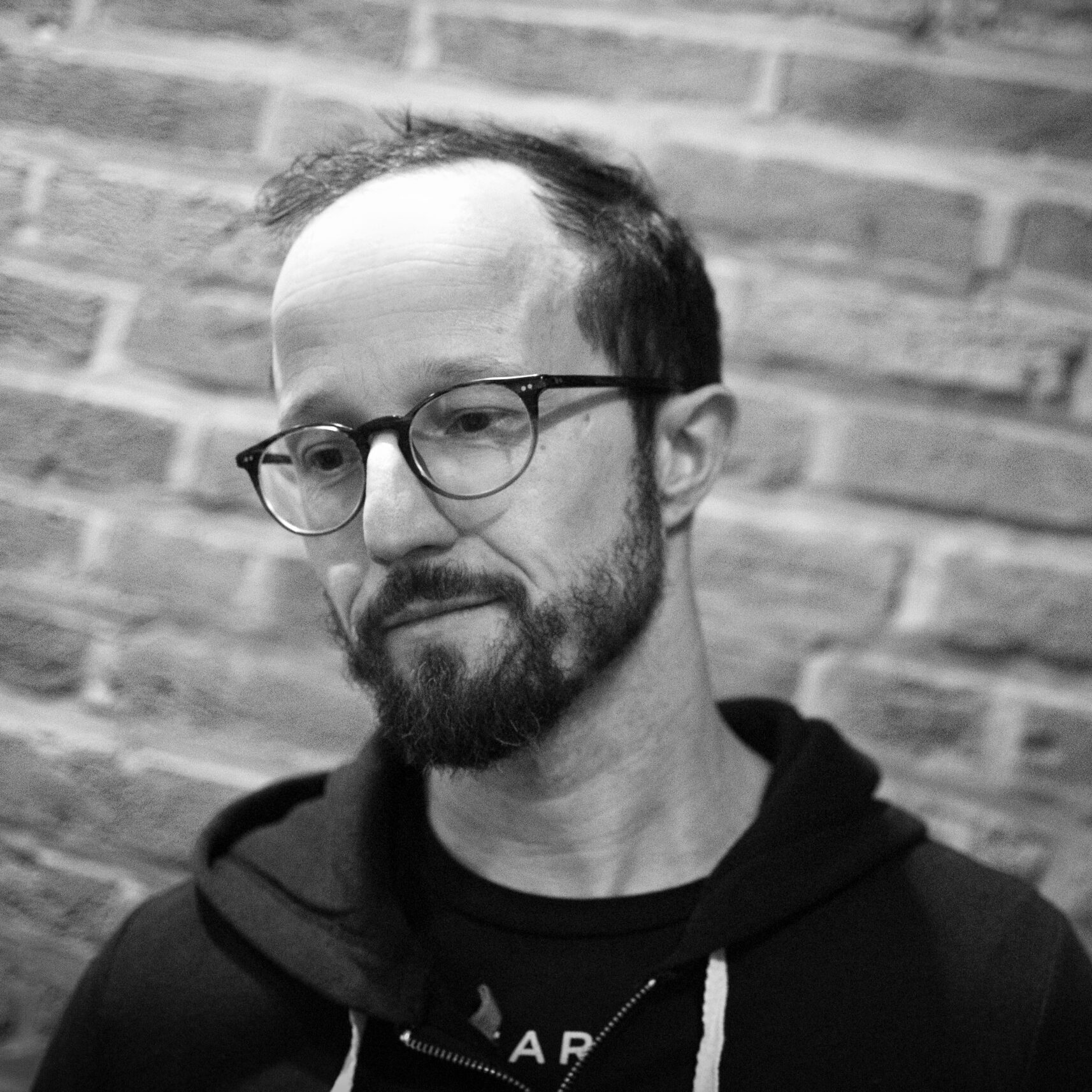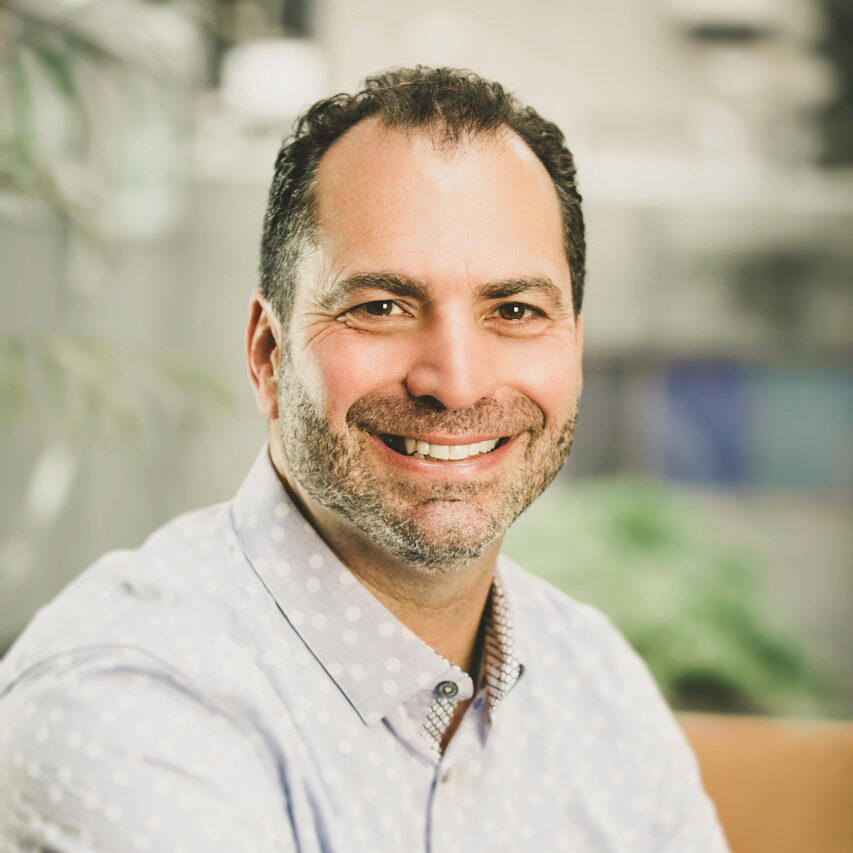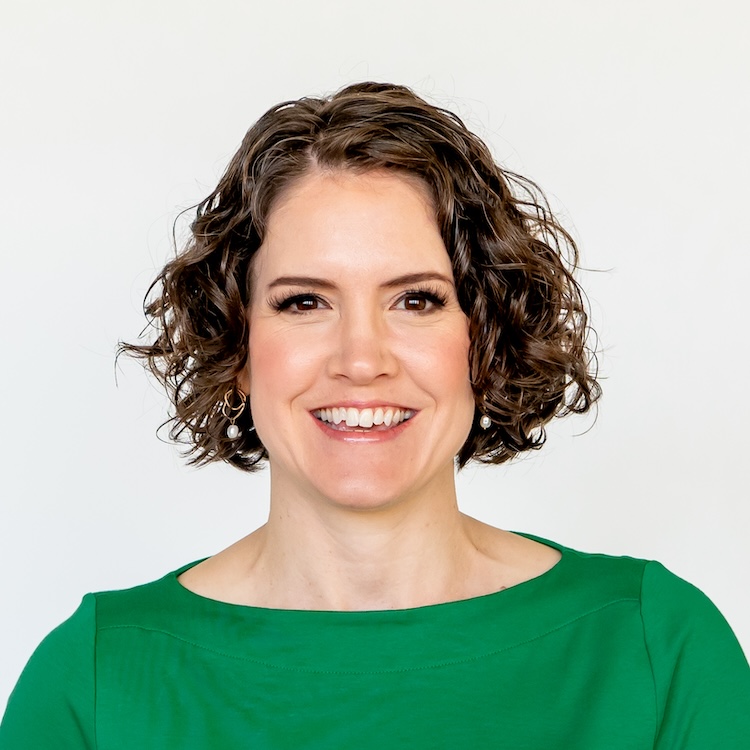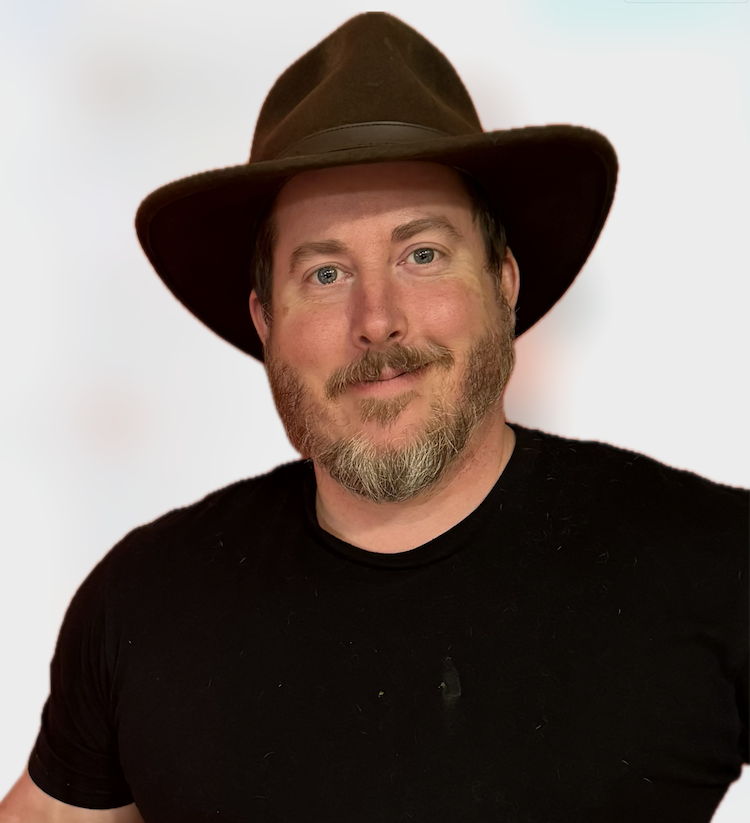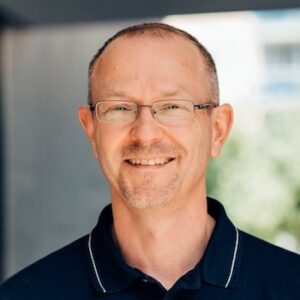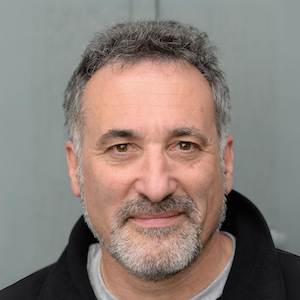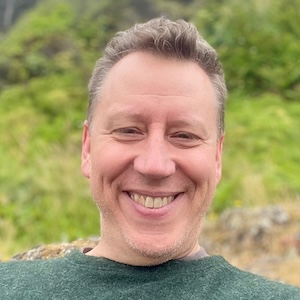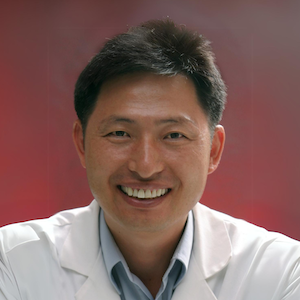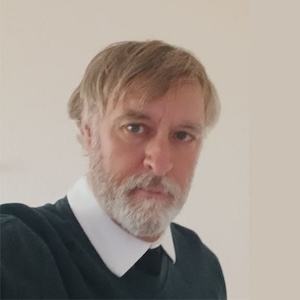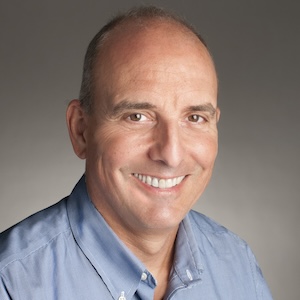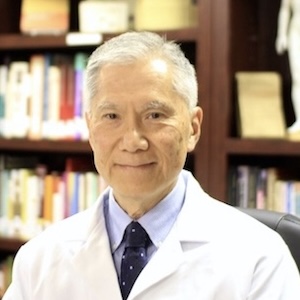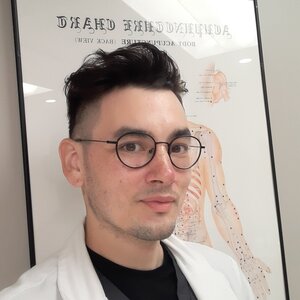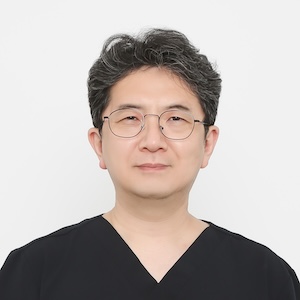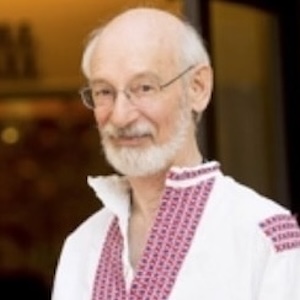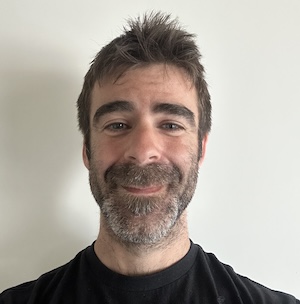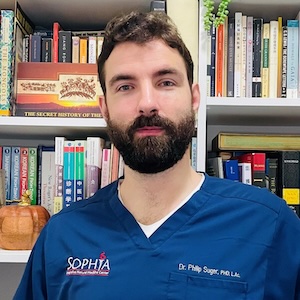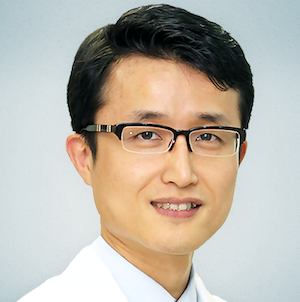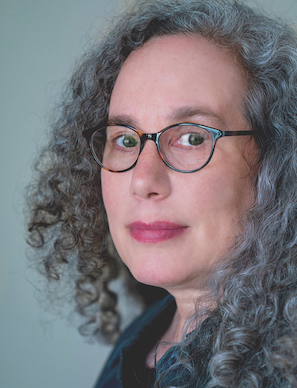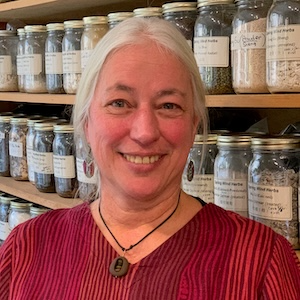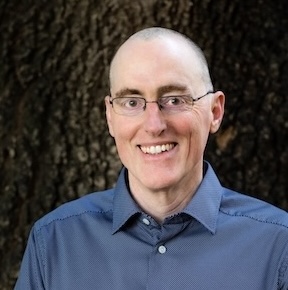The heart of our work, often enough, leans on the connections and capacity of the heart.
In this conversation with Ross Rosen we explore the importance of the patient-practitioner relationship, the concept of negotiating a diagnosis and some Daoist practices in medicine.
Listen into this discussion on practical clinical strategies and how traditional medicine intertwines and overlaps with our everyday lives.
In This Conversation We Discuss:
- Balancing medical discussions within and outside of work hours
- The role of contemplative practices in Chinese medicine
- The concept of negotiation in diagnoses with patients
- Incorporation of talismans, incantations, and rituals in Taoist medicine
- The transformative effects of acupuncture in personal growth
- Understanding ‘thunder' as a tool in healing and evolution, especially its relation to the Gallbladder
- Practical strategies for healing including maintaining fluid balance, waste removal and invigorating blood flow
- How traditional medicine intertwines and overlaps with our everyday lives
One of the most important aspects is to never overlook that the diagnostic process is part and parcel of treatment. They really cannot be separated. There are a couple aspects to this:
First, is that delving into the depths of our patients histories, suffering, and chief complaints, touching their wrists while taking pulses, etc. is instrumental in creating resonance and intimacy in the patient-practitioner relationship. This opens a portal to initiating a healing response.
Second, is that narrating back a story to the patient helps in providing a deep awareness of patterns, triggers, and habitual behaviors and ways of thinking, giving the patient openings for breaking through potentially destructive cycles, and choosing more health-affirming paths
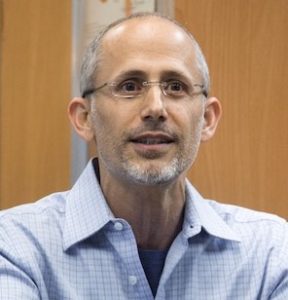
Ross Rosen is a licensed practitioner of acupuncture and Chinese medicine. He is a direct lineage holder and senior certified instructor of Shen-Hammer Pulse Diagnosis, and a long-term student of Dr. Leon Hammer and Jeffrey Yuen. He is the founder of the Center for Acupuncture and Herbal Medicine in Plainfield, NJ.
Ross is the author of the text, Heart Shock: Diagnosis and Treatment of Trauma with Shen-Hammer and Classical Chinese Medicine. He is also an ordained Daoist Priest in the Quanzhen, Longmen tradition (23rd and 25th generations) as well as the Maoshan lineage.
Subscribe To This Podcast In Your Favourite Player
Share this podcast with your friends!
Shop Talk with Edward Neal
Assessing Seasonal Tides in the Pulse
In the initial descriptions of Chinese medicine set down in the Huangdi Neijing, acupuncture was described as a traditional form of ecological surgery.
Its primary aim was to restore the natural watersheds of the body by regulating the flow of the blood circulating through these regions. These writings compare the vascular rivers of the body to rivers in nature, understanding them to be formed by the same basic forces and patterns of nature.
Similar to rivers in nature, the flow qualities of the vascular rivers display different seasonal variations or ‘tides'. We assess these seasonal tides in the pulse qualities of the major blood vessels of the body. This allows us to synchronize the bodies of our patients with the seasonal patterns of nature.
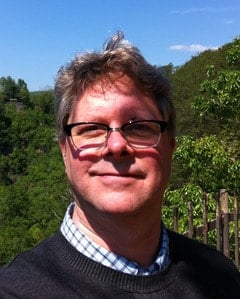
Edward Neal, MD, MSOM, is trained in both Western and Chinese medicine. He has been involved in the study and teaching of Chinese medicine for over thirty years. As part of his work, he has consulted with the World Health Organization on matters related to traditional East Asian medicine and has served as a visiting scholar at the University of San Diego Medical School.
He currently serves as the medical director for the Apricot Grove Project and is the founder and director of the School of Neijing Nature-Based Medicine.
These organizations study traditional forms of medical knowledge to discover innovative solutions to current global challenges. Further information regarding these projects and training opportunities can be found at www.neijingstudies.com.

